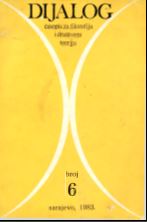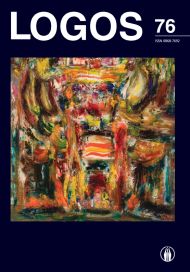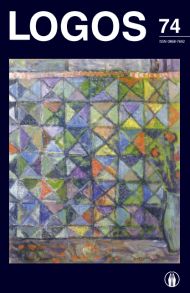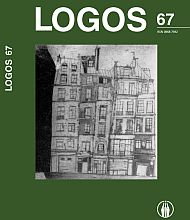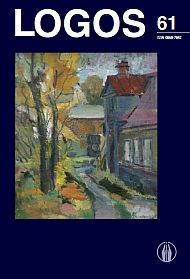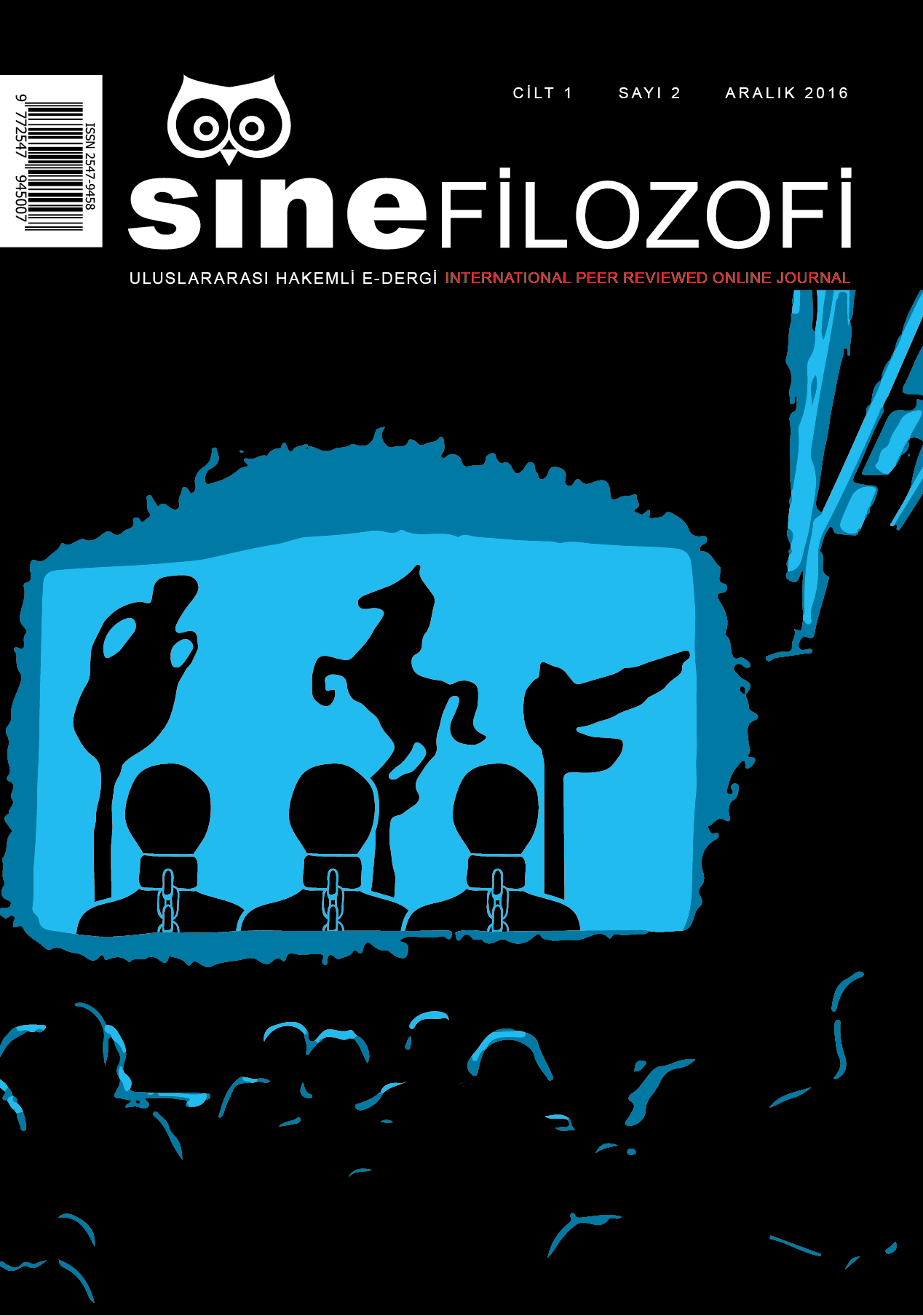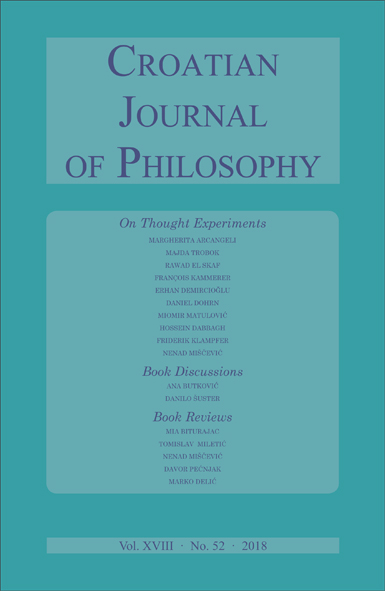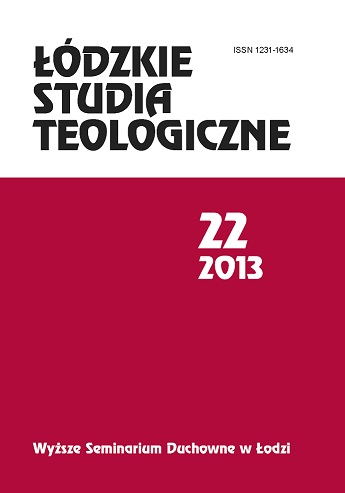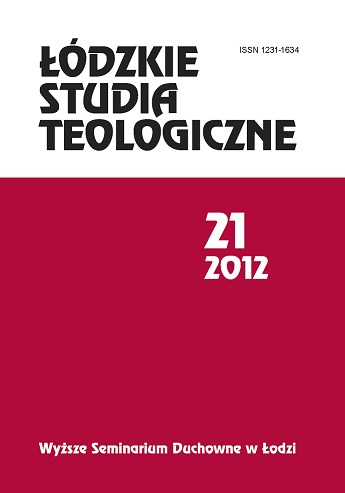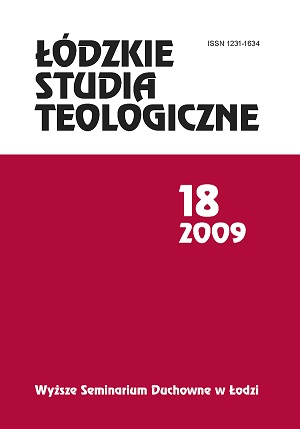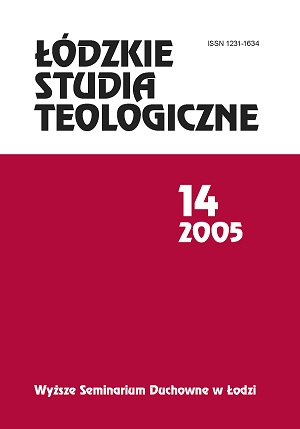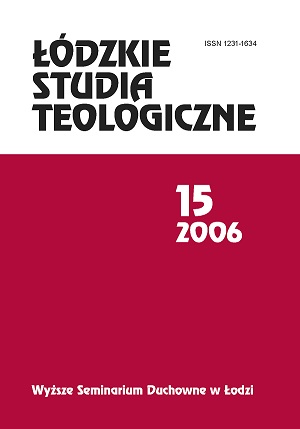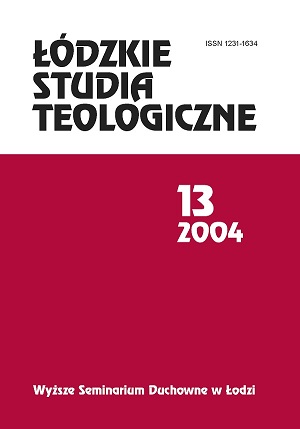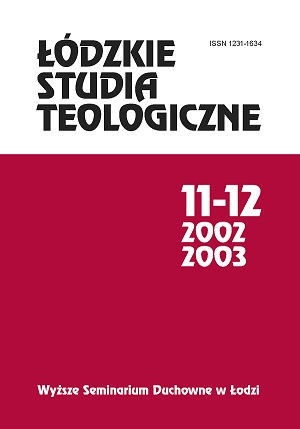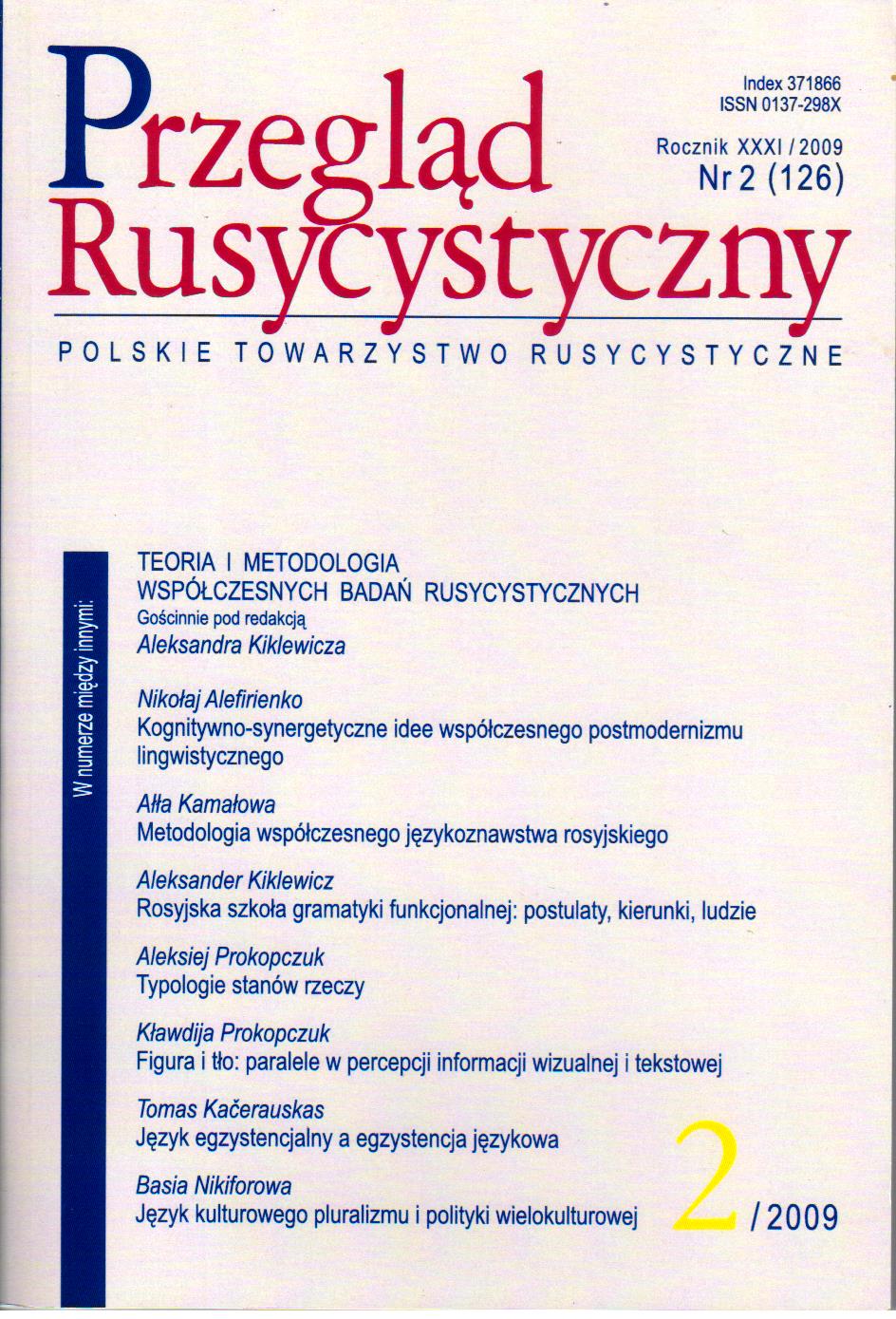
Экзистенциальный язык и языковая экзистенция
The paper discusses the relation between language and existence. The author presupposes that existence and language are inseparable from each other. The controlling thesis is as follows: existential environment has been created as an interconnection between our activity and language. On this basis one can derive next assumptions: language is not separate from existence as a school of the exit; existential language as a factor of life’s narrative is the main component of human creation (culture). The author follows the Husserl’s phenomenology of living world (Lebenswelt), the Heidegger’s conception of being to the death (Sein zum Tode), and the Bachtin’s theses of interaction between the author and the hero. In this context, the attitude is developed of the creative interaction between existential language and linguistic existence. This attitude emerges in a broader project of culture’s phenomenology. According to the author, we are creating our existence analogous to a roman (not a diary) where all events are included into a harmonious dramatic whole. A life’s event becomes a part of narrative existential roman which forms the identity of the narrator. According to the author, the environment of identity’s becoming is a linguistic one. Herewith it is a spiritual environment, which arises in the interaction of individual existential aspirations. In this way, the spiritual environment as a part of the living world is both the factor of our becoming and the whole that we are creating as the environment of coexistence for realization of existential aspirations.
More...
